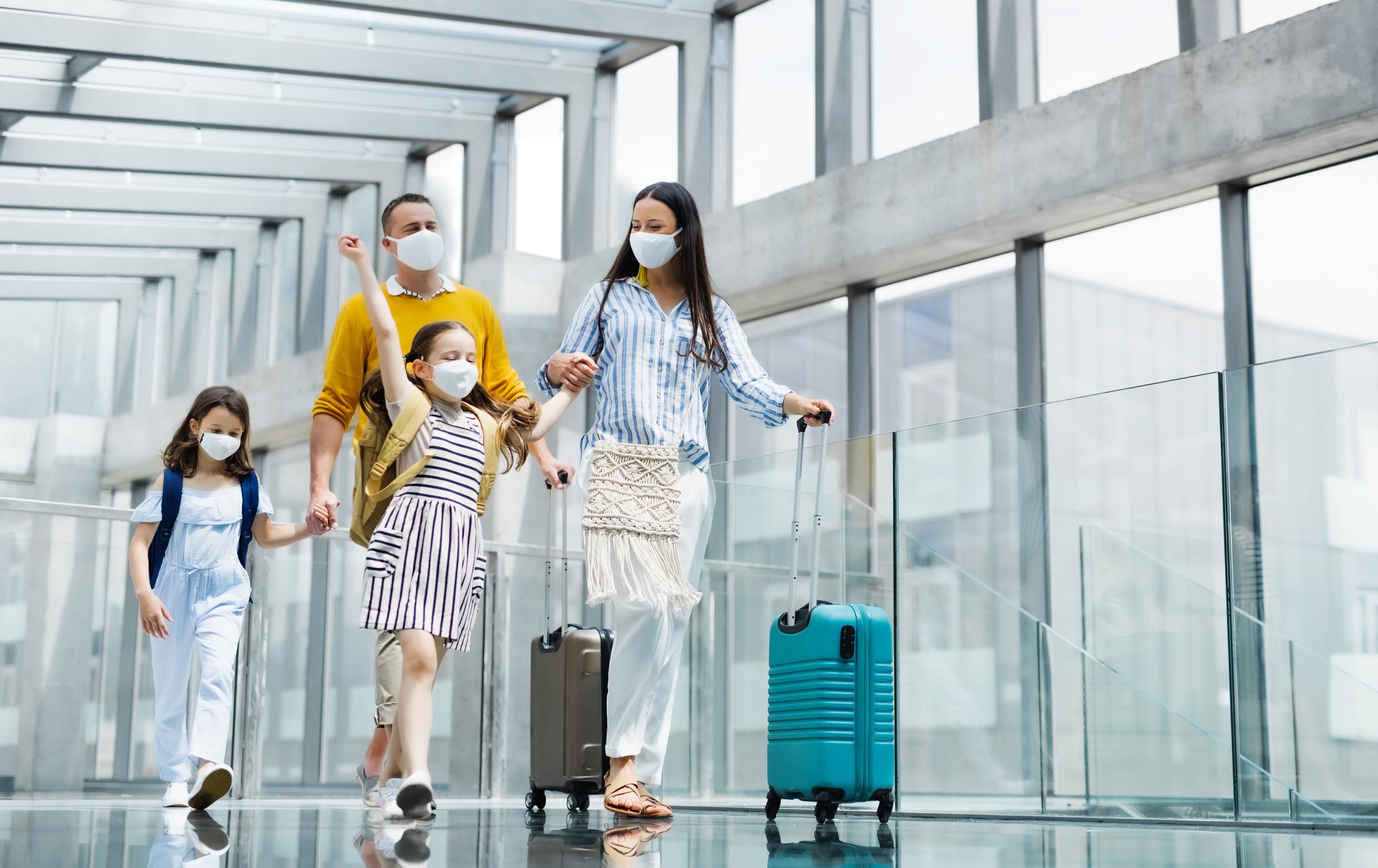
Credit: Eva Air / Twitter
The eventual recovery in international air travel is at risk of being slowed if vaccination rates are allowed to lag behind in some countries, according to the Association of Asia Pacific Airlines (AAPA). Widespread immunity is key to restoring international markets, and “no one is safe until...
Subscription Required
This content requires a subscription to one of the Aviation Week Intelligence Network (AWIN) bundles.
Schedule a demo today to find out how you can access this content and similar content related to your area of the global aviation industry.
Already an AWIN subscriber? Login
Did you know? Aviation Week has won top honors multiple times in the Jesse H. Neal National Business Journalism Awards, the business-to-business media equivalent of the Pulitzer Prizes.

